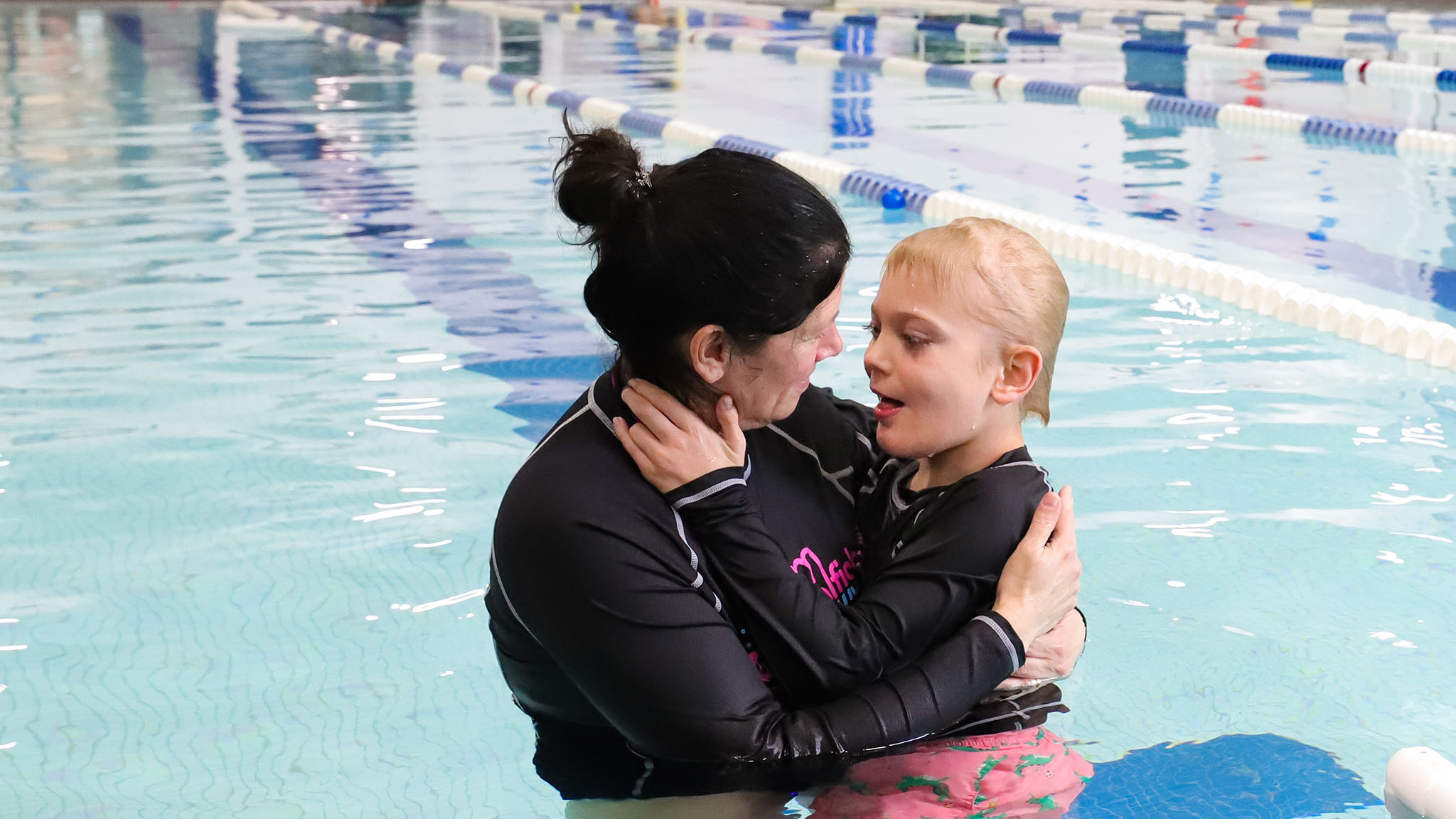
What do you do when your swimmer overreacts, panics or refuses to transition from one activity to another?
As swim instructors, we often encounter challenges when working with special needs swimmers who struggle with transitions and those who show resistance towards engaging and interacting with us.
At Swim Angelfish, we understand that every swimmer is unique, and overcoming these obstacles requires a tailored approach. By applying the Swim Whisperers methodology, we can identify the correct strategies to help swimmers overcome their challenges.
In this blog, we discuss one of the 7 areas of focus we identified as ‘Transitions’ and one of the 14 most common roadblocks we identified as ‘Interaction and Engagement Difficulties’. We share advice on how swim instructors can help their swimmers to be more successful when facing these obstacles.
Identifying the Challenge: Transitions
Transitions play a crucial role because they involve moving from one activity to another, whether it’s entering or exiting the water, changing strokes, or transitioning between different areas of the pool. For some swimmers, transitions can be overwhelming and disruptive. One of the biggest differences between special needs adaptive swimming and typical swim lessons is that many special needs swimmers have daily difficulties with transitions.
Having a transition plan and adapting your approach for each swimmer will help you achieve successful transitions and will help swimmers feel more at ease. Being able to assess body language and interpreting nonverbal cues is crucial when helping swimmers with special needs.
Identifying the Roadblock: Engagement and Interaction Difficulty
How can you teach someone to swim if you can’t even get them to engage or attend to what you’re doing? Swimmers who struggle with social skills and/or anxiety can often demonstrate a lack of engagement and interaction with their swim instructor. This may manifest in avoidance behaviors such as disinterest, avoiding eye contact, or even verbal and physical resistance.
Understanding what works best for your student by talking to their parent, caregiver or therapist will give insight into their behaviors and will help you to adapt your approach, to encourage a positive experience.
Swim Whisperers® Strategies to Help Transitions and Promote Engagement
Let’s take a deeper dive and explore how to apply the Swim Whisperers® strategies when facing a challenge with transitions and interaction with a student. In this video, we meet an individual with Fragile X syndrome who loves to come to the pool but can have a hard time with transitions. Our swimmer also experiences social challenges, which impact the interaction and engagement with his swim instructor. Cindy shares that by adapting your approach, you can help swimmers to overcome these obstacles.
To learn about how one of our Swim Angelfish parents is impacting and inspiring the Fragile X community, check out his inspiring story on our Instagram Reels.
Overcoming challenges with transitions as well as interaction and engagement requires a thoughtful and individualized approach to swim instruction. By applying the Swim Whisperers® methodology, instructors who are certified can identify the correct strategies to help swimmers overcome these obstacles.
Try Our Top Tips for Easing Transitions:
Every swimmer has the potential to succeed, and with the right support and guidance, they can embrace the joy and benefits of swimming.


